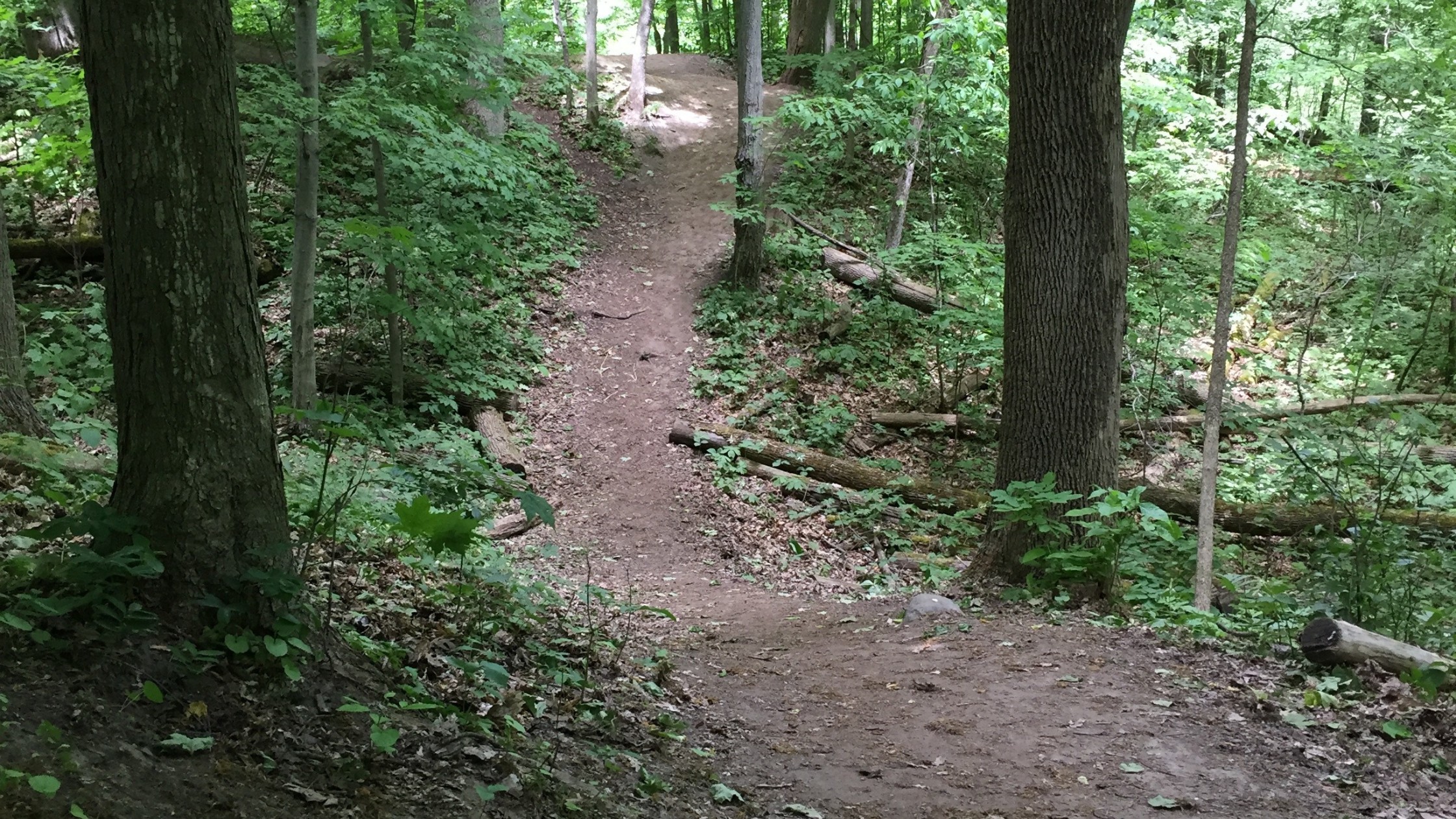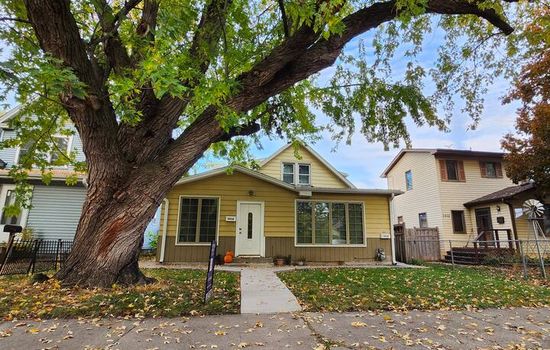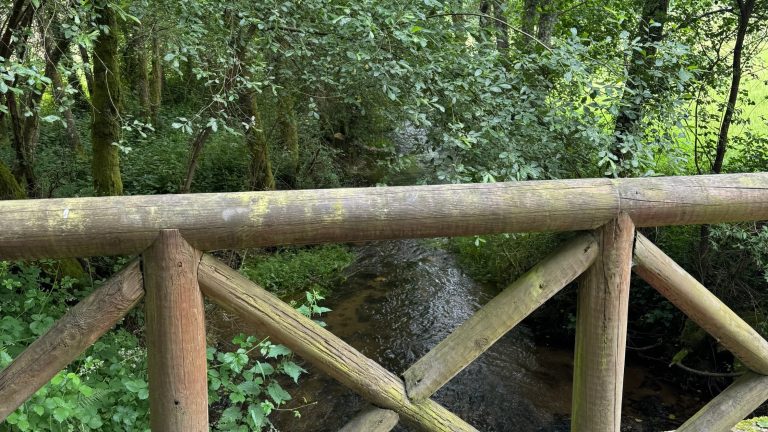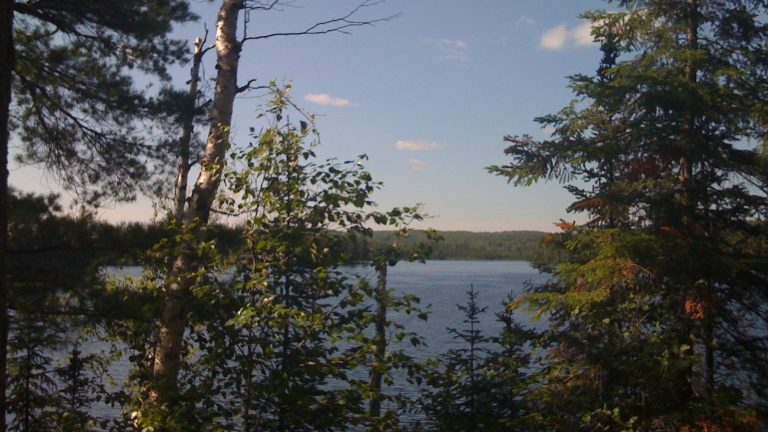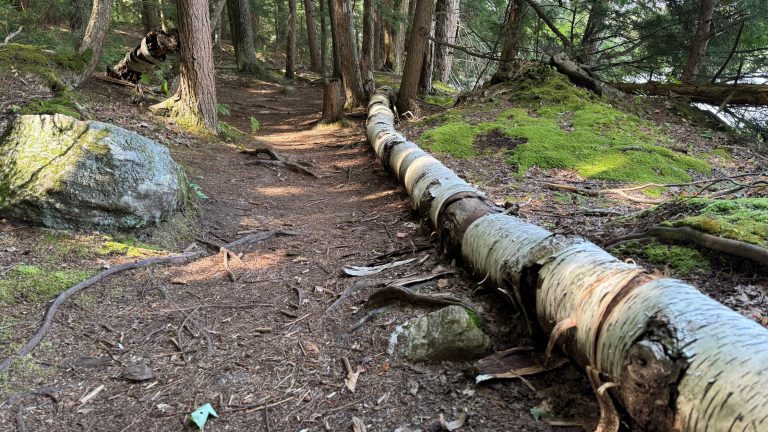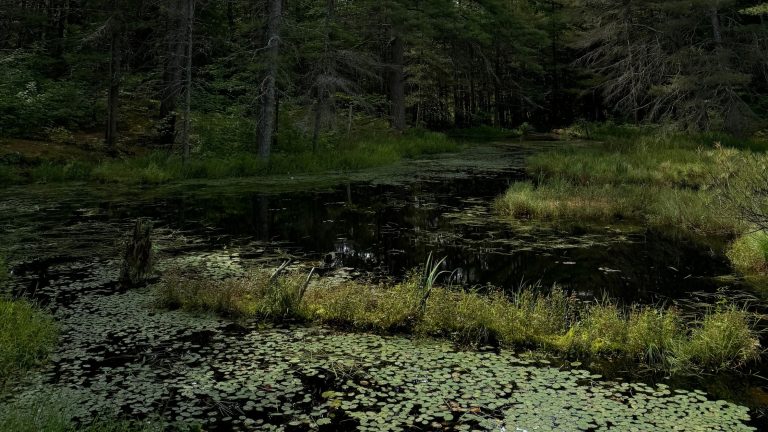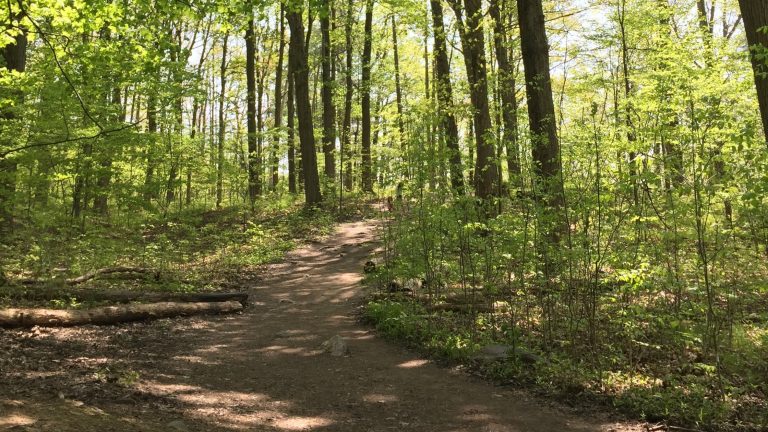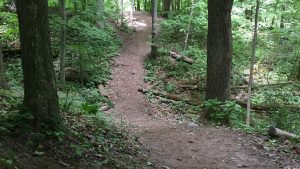The Mississippi River Visitor Center is open the same hours as the Science Museum of Minnesota, which is daily, but the specific hours are not provided in the sources. However, you can check the Science Museum of Minnesota’s hours for the most accurate information. Generally, the visitor center is not open on Mondays if following the pattern of some related sites, but this needs verification.
The Mississippi National River and Recreation Area is free year-round, though some partner parks and historical sites may require parking passes or admission fees.
From Minneapolis, take Interstate 35 or 94 into the Twin Cities metropolitan area, where the mighty river unfolds, offering scenic vistas and historic landmarks.
Limited metered street parking and several nearby parking ramps, including Kellogg Square. No overnight parking. Some partner locations may charge fees.
Accessibility & permits
Emergency
- Cell service availability:Partial
Information not accurate?
Help us improve by making a suggestion.
Discover the Heart of America's Mighty River Corridor
In the heart of the Minneapolis–St. Paul metropolitan area, the Mississippi National River and Recreation Area unfolds as a serene oasis, a 72-mile stretch of protected corridor along the mighty Mississippi River. This unique park, established in 1988, is a collaborative effort between the National Park Service and various local, state, and federal partners, ensuring the preservation of both natural and human history.
The landscape is dotted with historic landmarks such as the St. Anthony Falls Historic District, featuring the Mill City Museum, the Guthrie Theater, and the iconic Stone Arch Bridge. Fort Snelling and the adjacent Fort Snelling State Park offer a glimpse into the region’s rich military and cultural past. Minnehaha Falls, a cascading beauty, and the Winchell Trail, which winds through lush forests and along riverbanks, invite explorers to immerse themselves in nature.
Seasonal changes paint the area in vibrant hues; spring brings blooming wildflowers, summer is marked by warm days perfect for canoeing and biking, while autumn transforms the bluffs into a kaleidoscope of colors. Winter offers serene landscapes for cross-country skiing and icy beauty along the river.
The area is a haven for birdwatchers, with the Mississippi River Flyway providing critical habitats for numerous species. Fishermen can cast their lines in hopes of catching bass, walleye, or catfish. Ranger-led canoe tours and community activities, including interpretive sessions and bike rides, enrich the visitor experience.
For those seeking a deeper connection, the Science Museum of Minnesota in St. Paul and the Upper St. Anthony Falls Lock and Dam visitor centers offer insightful tours and educational programs. Summer evenings are often filled with the sounds of outdoor concerts, while local festivals celebrate the river’s significance.
Local outfitters and businesses, such as those in the vibrant Mill District, provide everything from kayak rentals to gourmet dining experiences. Artisan towns nearby, like Stillwater, offer a charming blend of boutique shopping and fine dining. This park is not just a place to visit; it is an experience that weaves together history, nature, and community, making it an indispensable destination for any discerning traveler.
- Area (mi²)
- 84
- Annual visitors
- 257 000
- Established year
- 1988
Top 3 Facts about Mississippi National River and Recreation Area
Through an 8.5-mile gorge, the river drops more than 110 feet, its steepest descent along its entire 2,350-mile course. This dramatic change highlights the unique geologic and hydrologic characteristics of the area.
Along the Upper Mississippi, a vibrant tapestry of life unfolds. White-tailed deer and coyotes roam the banks, while otters and beavers craft their homes in the river’s edge. Over 120 fish species, including tiny darters and shovelnose sturgeon, inhabit the waters. Bald eagles soar overhead, and great blue herons stalk fish in the marshes. The forests and grasslands are a haven for migrating birds, with millions passing through each season. Beavers dine on silver maples and cottonwoods, and raccoons forage for nuts and berries, showcasing the rich biodiversity of this natural paradise.
Along the 72-mile stretch of this protected corridor, the river plunges over St. Anthony Falls, its only waterfall, and flows through a narrow gorge just north of the Twin Cities. The water cascades down a 50-foot drop, creating a mesmerizing spectacle against the backdrop of the Minneapolis-St. Paul metropolitan area. The river’s banks, lined with prairie landscapes, offer a serene contrast to the urban surroundings, making this a unique and captivating destination for nature enthusiasts.
Family programs
- Junior Ranger
- Workshops & Hands-on Activities
- Scavenger Hunts
- Family Camping & Overnight
- Volunteer & Stewardship
- Arts & Crafts
- Water-based Adventures
Travel Tips
Plan Ahead
Plan a few days for extensive trails and sights. Park near Mill Park or Minnehaha Park. Visit the visitor center first. Anticipate paved and rocky terrain; rest often. Enjoy a summer afternoon hike or the Coffee with a Ranger event. Pack meals, as options are limited.
Pack Appropriately
Pack layers for varying temperatures, sturdy hiking boots, and a waterproof tent. Bring a multi-tool, headlamp, and water filter. Check the season for appropriate gear and amenities.
Respect Wildlife
Maintain a safe distance from wildlife, at least 25 yards, to avoid stressing animals. Never feed them, as it alters their behavior and can lead to harm. Stay on designated trails and dispose of trash properly to preserve the natural habitat. Respect the environment as you would your own.
Stay Informed
Stay informed about weather, fire restrictions, and park rules. Exercise caution on trails, near ledges, and around water. Contact park authorities at 911 for emergencies.
Seasons
Spring awakens along the river, with mild temperatures (40s-60s°F) and blooming wildflowers. Join the Junior Ranger Day in May, or kayak and bike through scenic trails. Perfect for birding and hiking, as migratory birds return. Ideal time to connect with nature before summer crowds.
Summer along the Mississippi River offers warm temperatures (70s-90s°F) and vibrant events. Enjoy ranger-led bike rides, kayak rentals, and hikes. Don’t miss the Stone Arch Bridge Festival in June and the Minneapolis Aquatennial in July. Ideal for outdoor enthusiasts, despite occasional heatwaves.
Experience vibrant autumn hues from September to November, with temperatures ranging from 40°F to 60°F. Enjoy crisp weather and events like the fall hike amid autumn colors. Perfect for photography and wildlife viewing, this season is ideal for immersing in nature’s splendor.
Experience winter’s chill from December to February, with temperatures around 25°F. Snowshoe, ice fish, and hike through a serene, icy landscape, perfect for those who embrace the cold. Eagles gather near locks and dams, offering a unique wildlife spectacle.
Information not accurate?
Help us improve by making a suggestion.
Where to stay
Nearby parks
Frequently Asked Questions
Ready to dive into what Mississippi National River and Recreation Area has to offer? Let’s tackle some of the burning questions you might have as you plan your visit!
-
The closest city to this area is St. Paul, Minnesota, which is located along a deep S-shaped bend of the Mississippi River and has been a center of trade, commerce, and transportation since the 19th century. St. Paul is also the northernmost navigable point on the Mississippi River.
-
The Coon Rapids Dam hike is the most family-friendly, offering easy loop trails on both sides of the river with a footpath across the dam, and activities like hiking, fishing, and cross-country skiing.
-
Yes, you need to keep your dog leashed at all times. The leash must be no longer than 6 feet. Dogs must be under your control and on a leash on all National Park Service owned and managed lands.
-
There are no parking fees within the main park area, but some partner parks, museums, and historical sites within the park boundaries may charge for parking. Metered parking is also available on nearby streets and in the Science Museum’s parking ramp for a fee.
-
Visit the Stone Arch Bridge, a landmark built in 1881 by James J. Hill, offering great views of the Minneapolis skyline and access to biking and walking paths. Explore the St. Anthony Falls Visitor Center near the bridge, which overlooks the Lock and Dam and provides ranger-led tours. Enjoy outdoor activities like hiking at Coldwater Spring, kayaking, and biking along the river trails.

